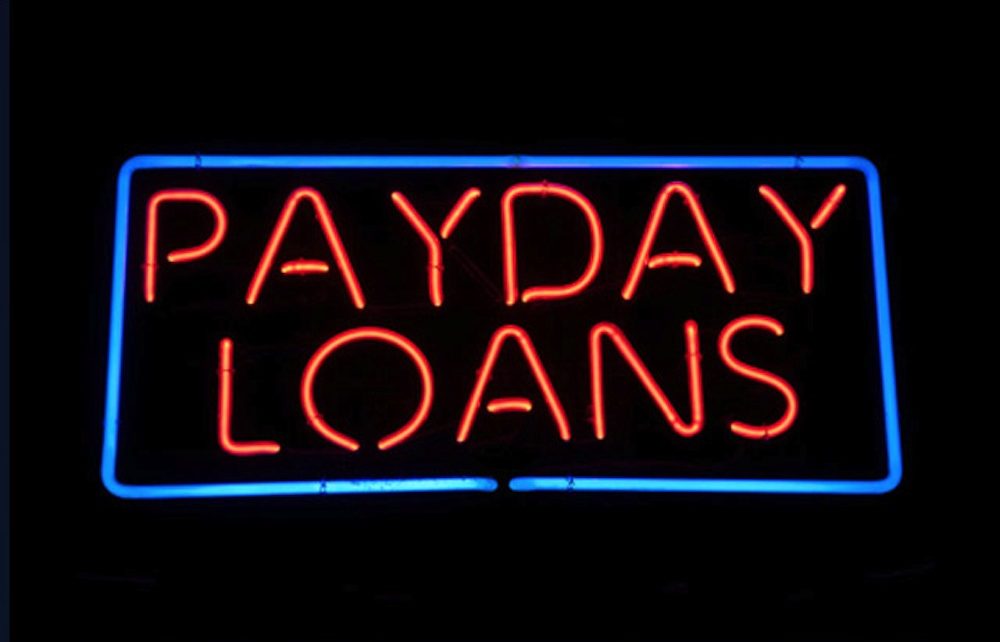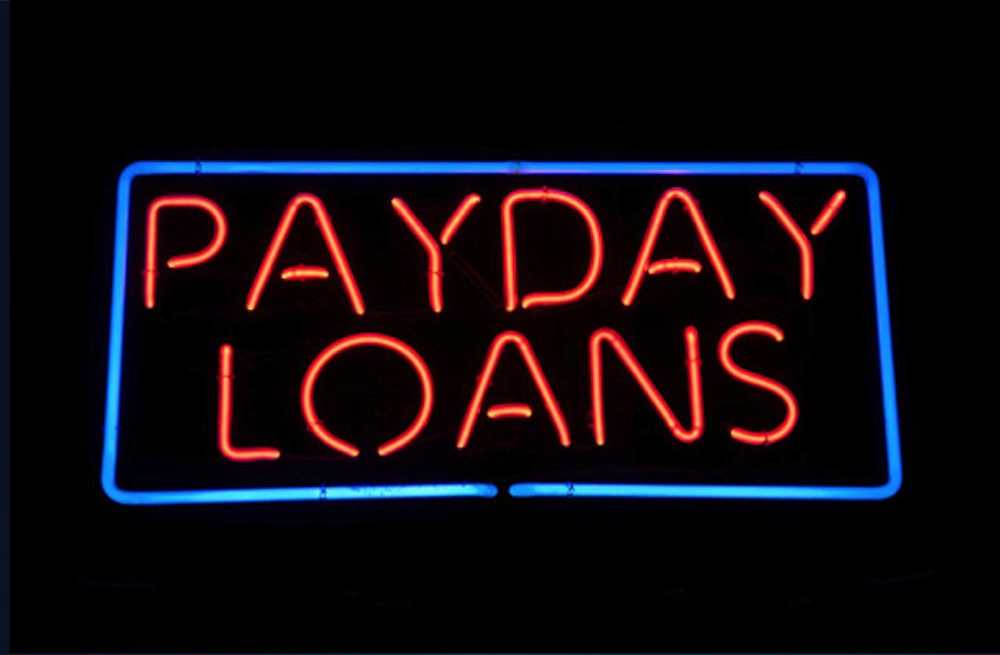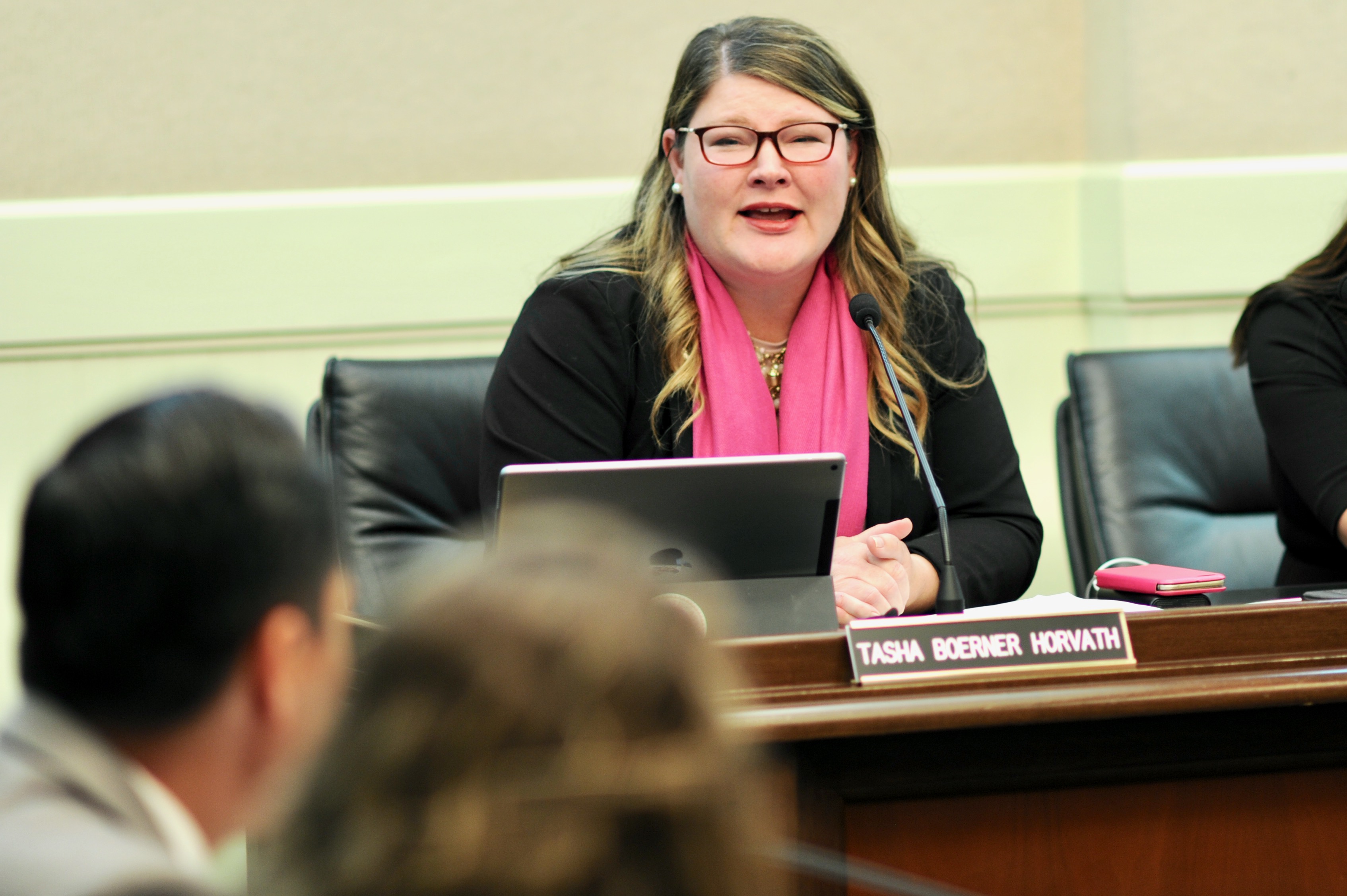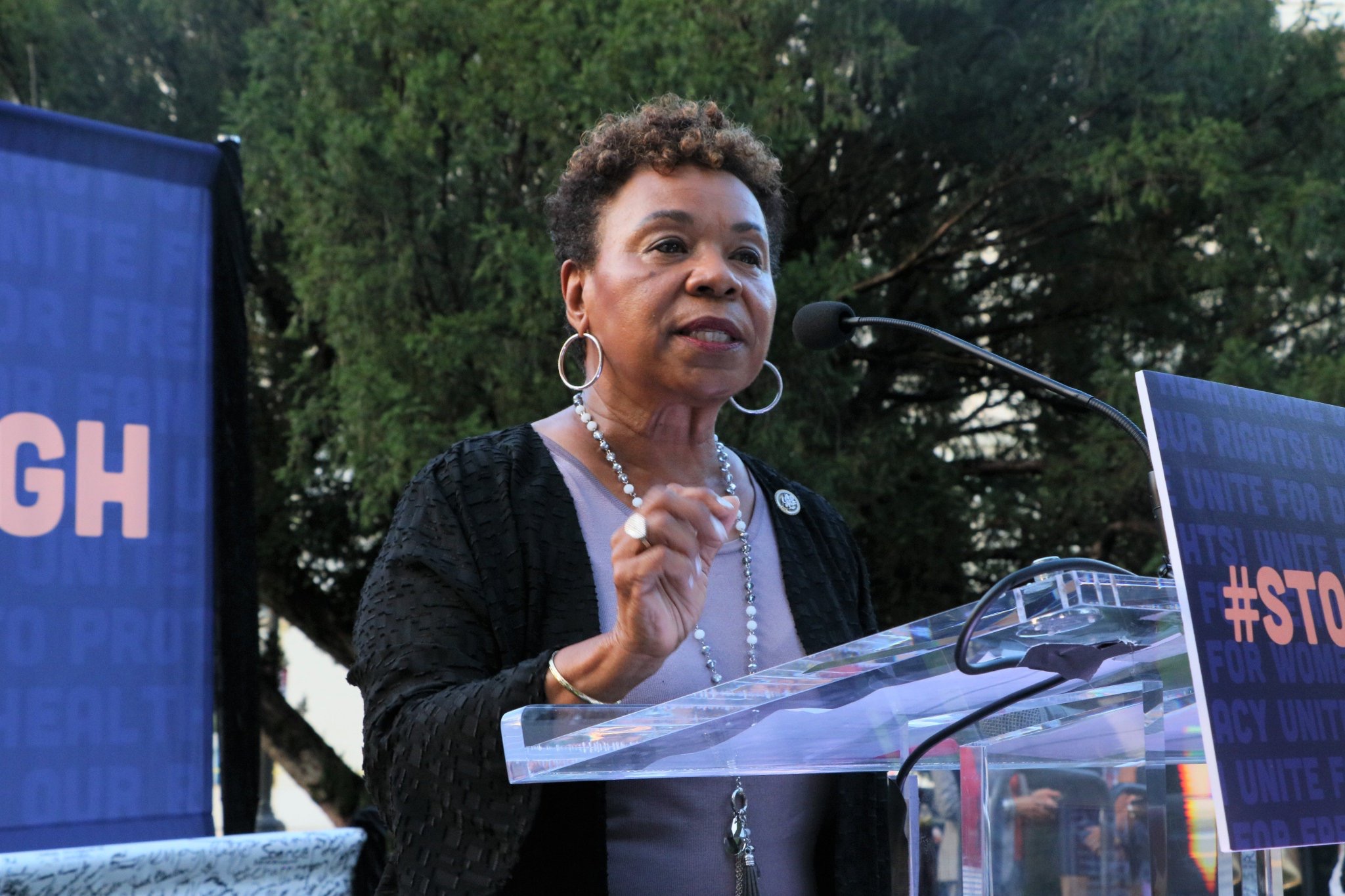
Bill to Throttle Short-Term Lending Will Prove Disastrous
Well-intentioned nanny state will hurt the poor borrowers it purports to protect
By Kira Davis, April 22, 2019 6:00 am

UPDATE below: A bill that could severely throttle the short-term lending market in California is currently weaving its way through the state legislature and could have substantial effects on the free market in a region that is rightfully known for excessive regulation and government oversight.

AB539 – authored by Monique Limón (D-Santa Barbara) and Tim Grayson (D-Concord) targets lenders that provide high-interest, immediately accessible loans with a short timeline for repayment. The bill will cap interest rates that a provider and consumer may freely agree upon and prevents providers from charging fees for early repayment. Most notably it prohibits lenders from providing small loans of $2500-$10,000 for a term of less than 12 months – effectively killing a huge portion of “short-term” loans.
In the state of California, a significant segment of the population lives paycheck-to-paycheck. According to recent polling 38% of California families would not have enough financial stability to meet their expenses for three months in the event of a sudden loss of income. One in three Californians has subprime credit or no credit at all.
This means that a third of California residents have no institutional support in the finance industry of which to avail themselves when a financial crisis arises. In a state that houses nearly 33 million people that is an enormous number, and a significant portion of that number is represented in minority communities.
Three out of five Latino families live in “liquid asset” poverty. When tough times arise, they have no physical assets they can quickly sell to provide some immediate cash. Many of these families are not native to the United States. While many California families may have friends, family and community connections to lean on for support during a financial crisis, this particular group of Californians is much more vulnerable to isolation and disconnection from traditional forms of support.
This is the demographic most likely to reach out for short-term loans as a stop-gap in a crisis. It isn’t just Latino families that are the target market for short-term lending. African-American families are also among the lowest wage earners in the state.
Alice Huffman – President of the California-Hawaii State Conference of the NAACP – writes that African-Americans are more likely to be underemployed, with a whopping 80 percent living paycheck-to-paycheck. She cites this in maintaining that the state should refrain from interfering in the short-term lending market.
“In spite of national trends, a study by the Center for the New Middle Class shows African-Americans are much more likely to have experienced a drop in pay or work hours in the past five years when compared to their peers. The study also shows African-Americans are 28 percent less likely to have $1,200 for a financial emergency and 80 percent say they live paycheck-to-paycheck.
Without widely accessible small-dollar loan options, families will either be unable to meet their financial obligations, or will resort to costlier or less regulated options, such as overdrafting on their bank accounts or resorting to borrowing from offshore, illegal lenders who are not regulated by the state.”
While the intention may be to prevent distressed families from becoming tangled up in a loan agreement beyond their ability pay in a timely manner, Huffman’s piece goes a long way to explaining why such legislation might end up doing more harm than good.
Credit scoring relies on access
Good credit can be the result of a combination of different circumstances. Those raised in middle and upper class families often grow up with some familiarity with credit and ratings and the advantages of cultivating good credit. Access is another huge factor. People who live in low-income, high-crime areas may face difficulty finding lenders who are willing to fund mortgages or business loans. Of course, education continues to be a looming issue when it comes to finances.
There is also the reality of the job market and how it is dispersed among different populations. Minority communities are much more likely to occupy low-end, manual labor positions and temporary jobs. This makes their weekly income precarious and undependable month to month.
All of these factors contribute to circumstances in which it would be very difficult to access market-based financial sources in the event of a crisis. This is why so many in low-income communities ofter turn to short-term lenders who don’t rely on credit score and compensate for such a deficiency with higher interest rates and other mutually agreed-upon terms.
While some may characterize AB-539 as “protection,” its result will be to drive a significant portion of short-term lenders out of the California market altogether, taking a vital resource and also jobs with them.
AB-539 has passed the California Assembly with 8 “aye” votes – Rebecca Bauer-Kahan (D-Orinda), Sabrina Cervantes (D-Corona), Jesse Gabriel (D-San Fernando Valley), Tim Grayson (D-Concord), Monique Limón (D-Santa Barbara), Mark Stone (D-Monterey Bay), Shirley Weber (D-San Diego), Buffy Wicks (D-Oakland).
Cervantes, Grayson, Limón, Stone and Weber also voted for the still hotly-contested and unpopular gas tax that is currently a factor in driving California gas prices past $4/gallon (projected to possibly hit $5/gallon within the next year).
At the time of publication, AB-539 author Monique Limón (D-Santa Barbara) had not responded to requests for comments.
“Nay” votes came from Phillip Chen (R-Diamond Bar), Steven Choi (R-Irvine) and Melissa Melendez (R-Lake Elsinore).
The bill is currently in Committee.
UPDATE:
Assemblywoman Limon’s office reached out after the article deadline, with her statement.
“AB 539 is important for both consumers and responsible lenders operating in the state. More than 100,000 borrowers – which is approximately one-third of people who use this product – default on these very high-cost installment loans each year in California, which further ruins their credit and can cause significant financial harm, including bank account closures, car repossessions, and bankruptcy. These defaults are triggered by the high monthly payments on the loans due to interest rates that reach 200% or more.
I cannot think of any other product that fails so often for consumers without the government stepping in to provide protections and guardrails. The government has an interest in making sure these consumers do not fall into financial ruin.
While working on this issue as Chair of the Assembly Banking Committee, I have learned that there is a large misconception about subprime lenders in this $2,500 – $10,000 space. People seem to believe that all subprime lenders need to charge interest of 100% or more to stay in business, but there are large and successful subprime lenders who provide loans of around 36% APR to borrowers with credit scores below 620 or even no credit score at all. These responsible lenders make up more than half of the subprime market in California, and these lenders support AB 539 because it will bring them regulatory certainty. The California Legislature has considered bills in recent years that would have placed tighter regulations on installment loans in the state than what is being proposed in AB 539. We have also witnessed successful efforts in other states – red and blue states alike – that have passed tighter regulations through ballot initiatives. This legislation does not eliminate the product rather requires the product be offered to consumers at the same rate it is offered to active members of our Military through the Military Lending Act.”








do mot pass this hazardous bill…I need payday loans,,,as do thousands if my fellow californians,,,,
The Bill doesn’t touch payday loans or…those and other loans below $2,500 were already hit with the interest cap a long time ago and the number of payday loan providers hasnt decreased. More payday loan borrowers are getting pushed into loans above $2,500 by these lenders because they know there is no rate cap.
36% APR on a loan of $2,500 paid off over 2 years is still $1,042.84 in interest you would pay on top of the money you borrowed!
Consumer don’t understand the calculations and end up getting caught in a dept trap!